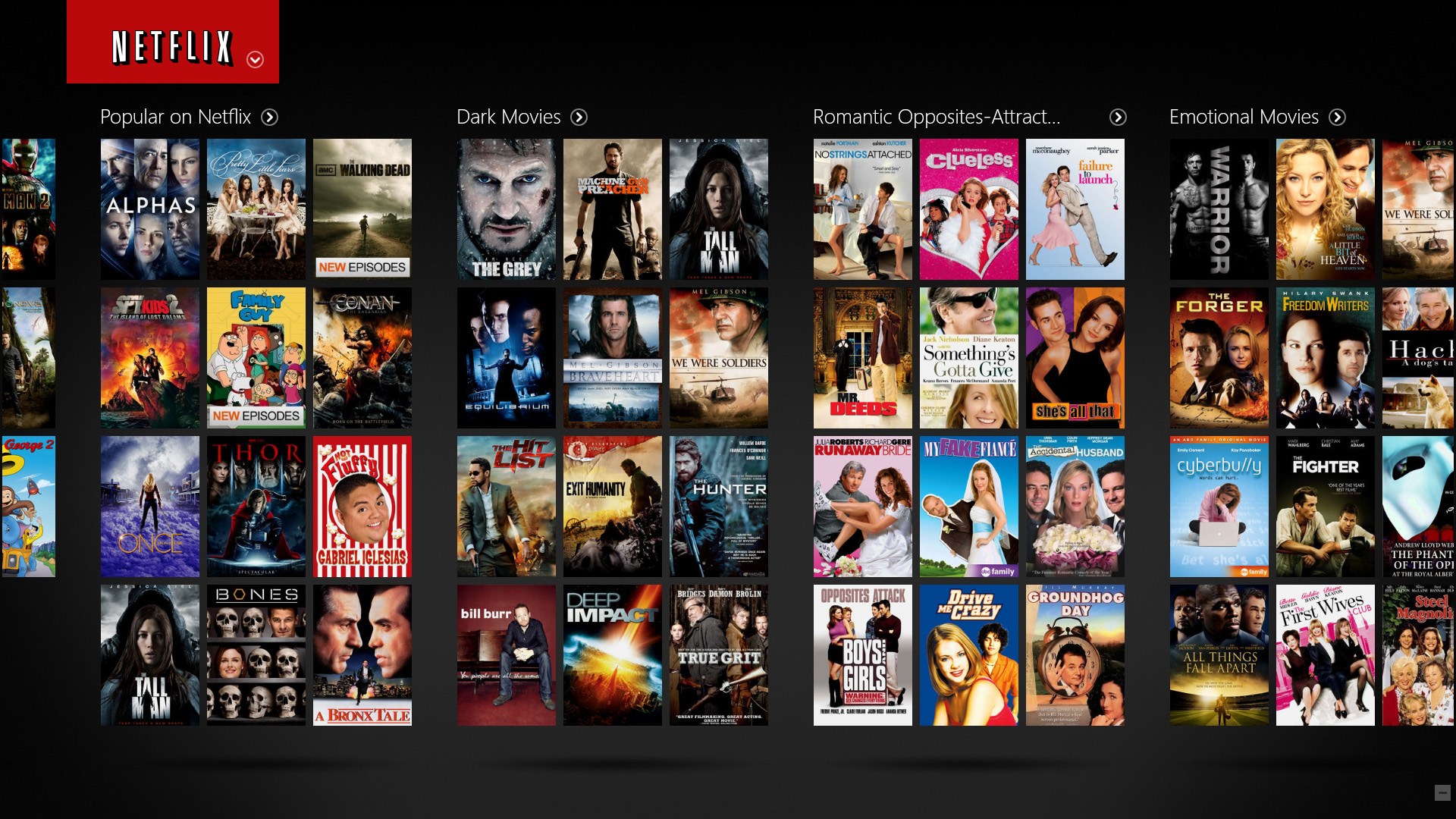A few weeks ago, Mor and I celebrated Gal-entines Day by bringing our favorite gals to McGill’s performance of The Vagina Monologues. Paper-bagging some red wine, we meandered into Leacock 132 for a night of talking about “down there.”
Eve Ensler created The Vagina Monologues in 1996 as part of the V-day movement which promotes greater respect for women through sexual empowerment. The performance consists of various monologues which were originally composed through personal interviews on topics ranging from disturbing incidences of rape and clitoral mutilation to stories about everyday women’s relationship with their vaginas. (A memorable monologue begins with a woman yelling “my vagina is angry!”) The stories are updated regularly to comment on current issues.
Although we did not know what to expect, (the first time the actors yelled out the word “VAGINA” we giggled. It brought us back to when we were thirteen and our Sex Ed. teachers made each of us say the words “penis” and “vagina”) the performance was disorienting. The Vagina Monologues’ approach of empowering female sexuality was both liberating and jarring. On one hand, it debunked our attitude towards the stereotype that girls are meant to be poised and polite. The play made us question our roles in society by putting the vagina on public display. The women in the play were exhibiting something we considered very special but very personal. Women are taught to keep their sexuality for the bedroom. Then, at The Vagina Monologues, it was all out there. At school. Where we take Macro Economics.
We felt the monologues depiction of raw physicality created an emotional disconnect. We found it difficult to relate to the actors chanting and screaming about their physical needs. As women, we are looking for our voices to be heard yet we don’t want our voice to just be the voice of our vagina. Perhaps the play focused too much on rooting a woman’s identity in her personal relationship with her sexual organ. Isn’t the vagina also meant for dialogues with others—dialogues of comfort, excitement, honesty, love, romance?
On the other hand, as actors belted out their triple orgasm, expressed raw, unfiltered pleasure or frustration, we felt, well, liberated. The Vagina Monologues normalized the dreaded “V-Word” and the mysterious “G-Spot” and presented us with such a wide array of emotions that we could not choose what to take in. That being said, one thing the performance made clear was that a woman, sexually liberal or sexually conservative (and everything in between), should not feel ashamed to define herself however she chooses. Although Mor and I disagreed on where we ground our sexuality, we both decided that we do not have the female version of balls to stand up in front of hundreds of people in Leacock 132 and shout about it. What’s more, our preference to keep our sexuality a topic of private conversation and not theatrical performance is perfectly okay.
We encourage everyone to read further about the V-Day movement online at http://www.vday.org/about. We support females everywhere, however they choose to define themselves.


